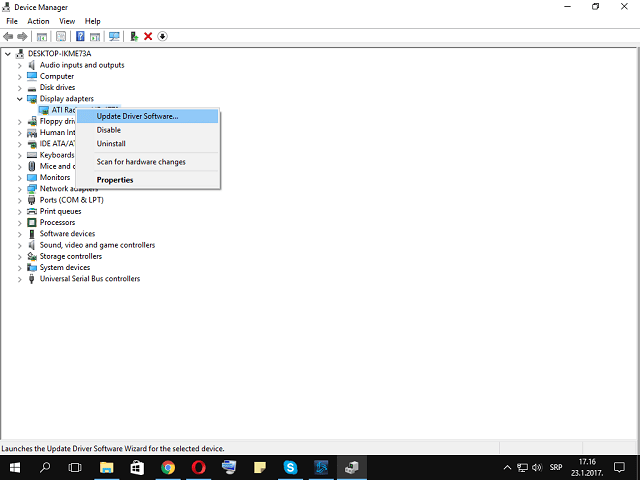

Apparently this causes shutdown problems with Windows, and can be disabled by:
/cdn.vox-cdn.com/uploads/chorus_image/image/65823132/akrales_190711_3536_0158.0.jpg)
It is very hard to give a fitting answer to your question without more information about the problem. This are only some random attempts to troubleshoot the problem. If your memory is indeed faulty, it most likely needs to be replaced. If you run memtest86+, it will simply test your memory and report any errors found (if there are any). the drive is than bootable, which means you have to reboot your PC, and load the software from the flash drive to run before windows starts.

This software is directly installed on an empty USB flash drive. You can download and install a program called memtest86+ for this (I recommend the memtest86+ over memtest86, yes there is a difference) We could also be dealing with faulty memory (RAM). There is a freeware version which can do the trick. This software can tell you much about the temperature of your hardware and sometimes also about the fans.

If it feels somewhat cool, maybe the fan is not even working, or there simply is no overheating.Ī more direct approach would be to download software like HW Monitor from CPUID. If it does, there is a change your PC is overheating. You could start by holding your hand next to your PC where the air is blown out, and felling if it seems unusually hot. Often, one can set a temperature value in the BIOS at which the computer should shut down. Sometimes a computer shuts-down suddenly to prevent damage from overheating. Now we can also troubleshoot the hardware a bit. There are probably a few error logs we can look at, however I don't know which that would be or where they would be, so I hope someone else can post about that. I hope other super users can point that out. Unfortunately, at this time I also don't know where exactly this information can be found. Most likely Windows doesn't know either (if the hardware malfunctioned, windows didn't trigger the shutdown itself)īut if Windows knows what happened, it can be of great help. The best place to start is by asking windows why it decided to shut down. This sounds like a hardware problem, but before such conclusion can be drawn, we must troubleshoot the problem to avoid unnecessary replacement of hardware components.


 0 kommentar(er)
0 kommentar(er)
